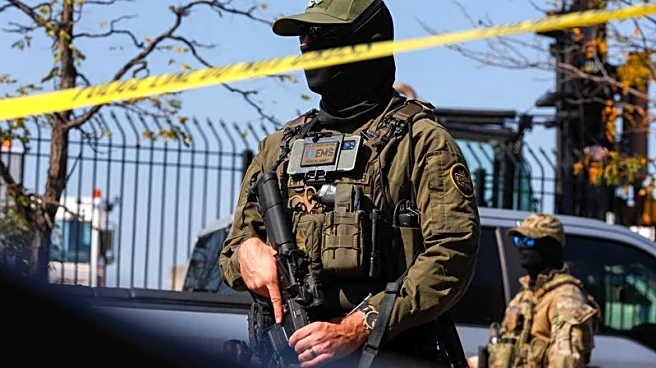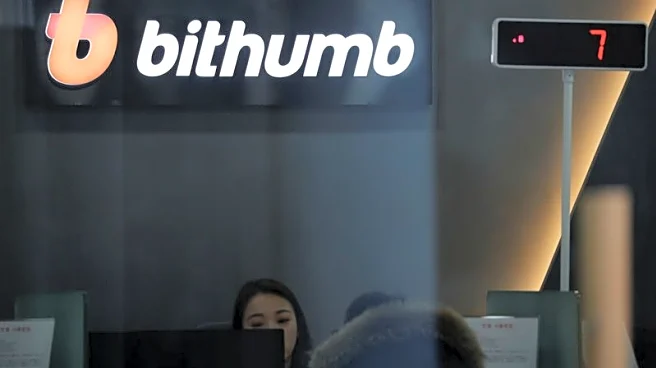What is the story about?
What's Happening?
The aftermath of the Oct. 7 attacks in Israel has led to a significant increase in donations to Israeli causes, particularly those connected to the recovery efforts. Jewish Federations of North America’s Israel Emergency Fund, now known as the Rebuild Israel fund, raised $500 million within three weeks of the attacks and currently stands at approximately $900 million. Other organizations such as Friends of the Israel Defense Forces and American Friends of Magen David Adom have also seen substantial increases in donations. However, cultural institutions not directly linked to the attacks have experienced a marked drop in financial support. This trend is mirrored in the United States, where groups focused on combating antisemitism and strengthening Jewish identity have received more funding, while others have seen grants decrease.
Why It's Important?
The surge in donations highlights the global Jewish community's response to the Oct. 7 attacks, reflecting a renewed commitment to supporting Israel during times of crisis. This financial influx is crucial for Israeli nonprofits and communities, providing necessary resources for recovery and rebuilding efforts. However, the decline in support for cultural institutions raises concerns about the sustainability of broader philanthropic engagement. The disparity in funding could impact the cultural and social fabric of both Israeli and Jewish communities worldwide, potentially leading to shifts in priorities and identity within these groups.
What's Next?
The future of Jewish philanthropy remains uncertain, as it is unclear whether the surge in donations will continue or if it was a temporary response to the crisis. The ongoing needs of Israeli society, exacerbated by the attacks, will require sustained support, especially as government funding for social services is expected to fall short. Philanthropy may need to fill these gaps, but whether donors will maintain their heightened level of engagement is yet to be seen. The situation calls for strategic planning and advocacy to ensure continued support for both recovery efforts and cultural institutions.
Beyond the Headlines
The Oct. 7 attacks have not only reshaped philanthropic patterns but also affected Jewish identity and community dynamics. The rise of 'Oct. 8 Jews,' individuals who have increased their engagement with Jewish causes, contrasts with those distancing themselves from the community due to the political implications of the attacks. This phenomenon reflects broader societal shifts and challenges within the Jewish diaspora, as communities navigate complex issues of identity, solidarity, and political alignment.
















